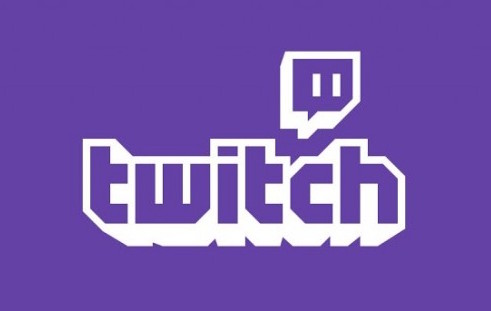For those who are unfamiliar with Twitch, it’s a live video streaming site, primarily used by video gamers to share play-throughs of games and online matches to fans and subscribers. Twitch’s main attraction, its live-stream, allows users to tune-in and text chat with the streamer, who can then respond in real-time.
Since its inception, the site has really taken off, and is now YouTube’s rival for the preferred medium to share video game hijinks.
One of the biggest drawbacks, however, is the widespread video muting that many streamers have experience. For a lot of users, long stretches of video, and sometimes even entire videos, are completely silent- muted by Twitch itself. The reason for this is copyrighted music or audio; having a popular song play even briefly in the background can get an entire hour long video completely muted. Some speculate that the reason for this crackdown was Amazon’s $970 million purchase of the streaming service, but this is unclear.
Twitch realizes the issue, and is attempting to circumvent it- by licensing its own legal music library. Streamers can now choose from 500 fully licensed songs hosted on music.twitch.tv to use in their streams, bypassing the audio recognition system. According to Twitch, people will find songs from “established and burgeoning labels” alike, although some of the biggest are markedly absent, such as Sony BMG, Universal Music, or EMI.
After the muting protocols were first implemented, Twitch CEO Emmett Shear promised that system would soon change for the better, and this seems like a good first step. ”Our community has been vocal about the importance of music for their broadcasts and their love of music in general,” Twitch Chief Strategy Officer Colin Carrier said in a statement. “By working with both established and upcoming record labels, we are now able to offer music for them to use that is cleared for live broadcasts and archiving.”
The new music channel feature can also be used by artists who’d like to broadcast performances of original songs, says Twitch.
Via Ars Technica


